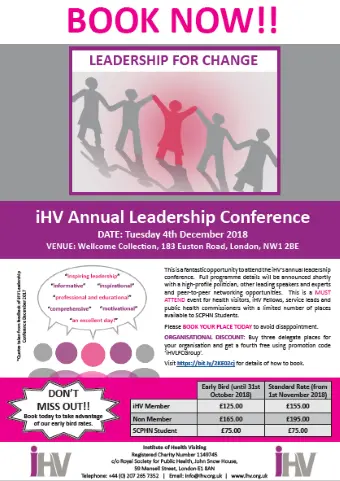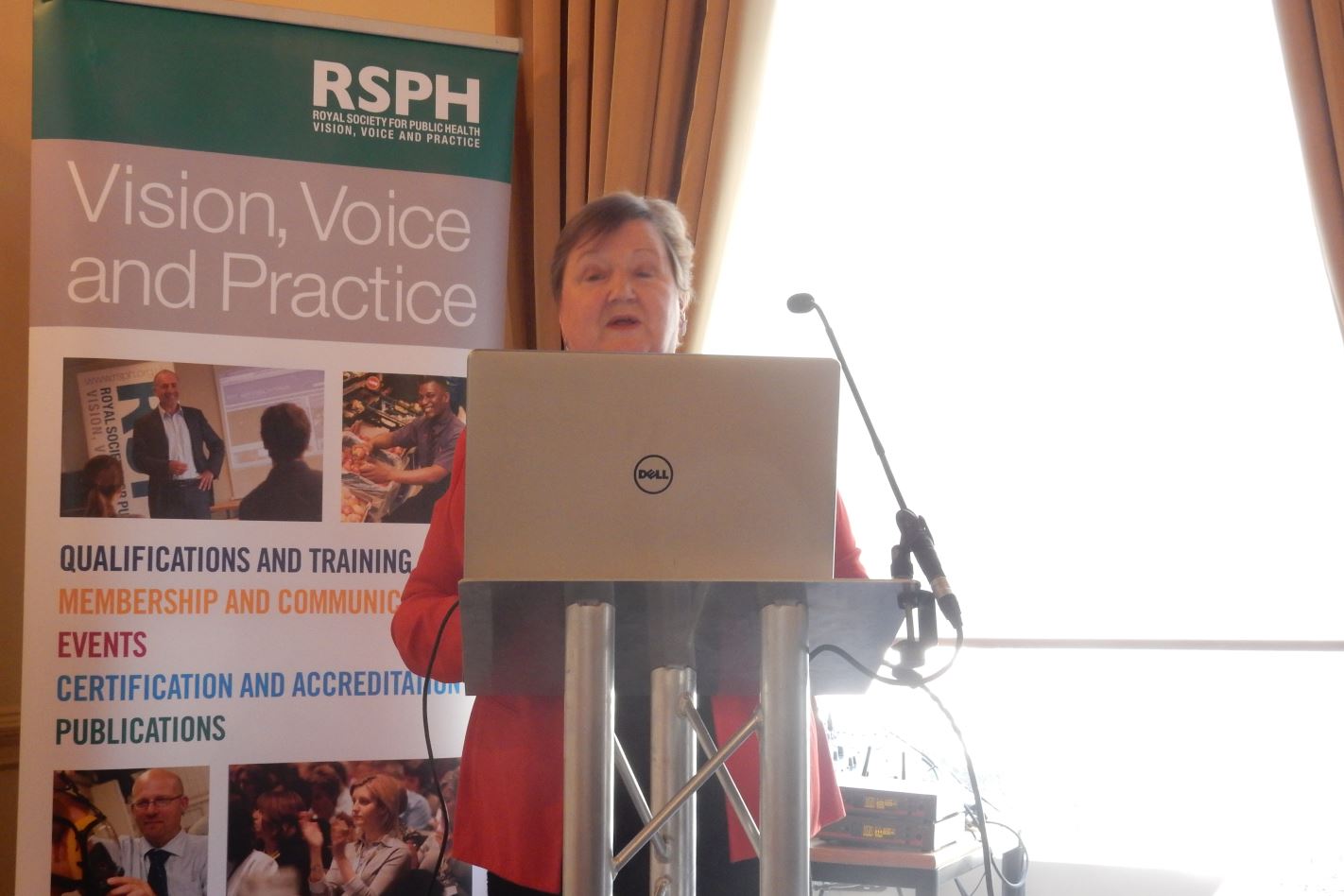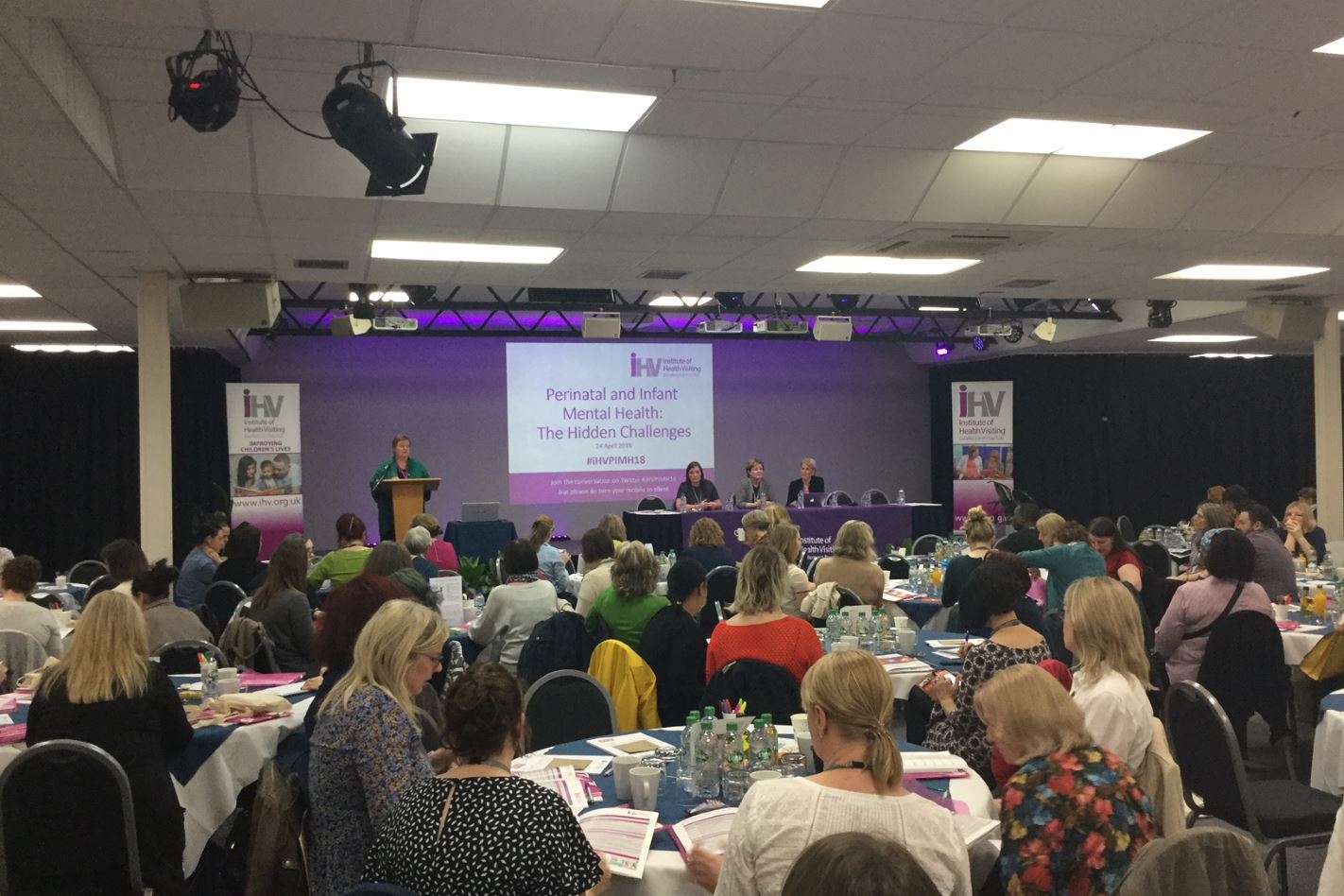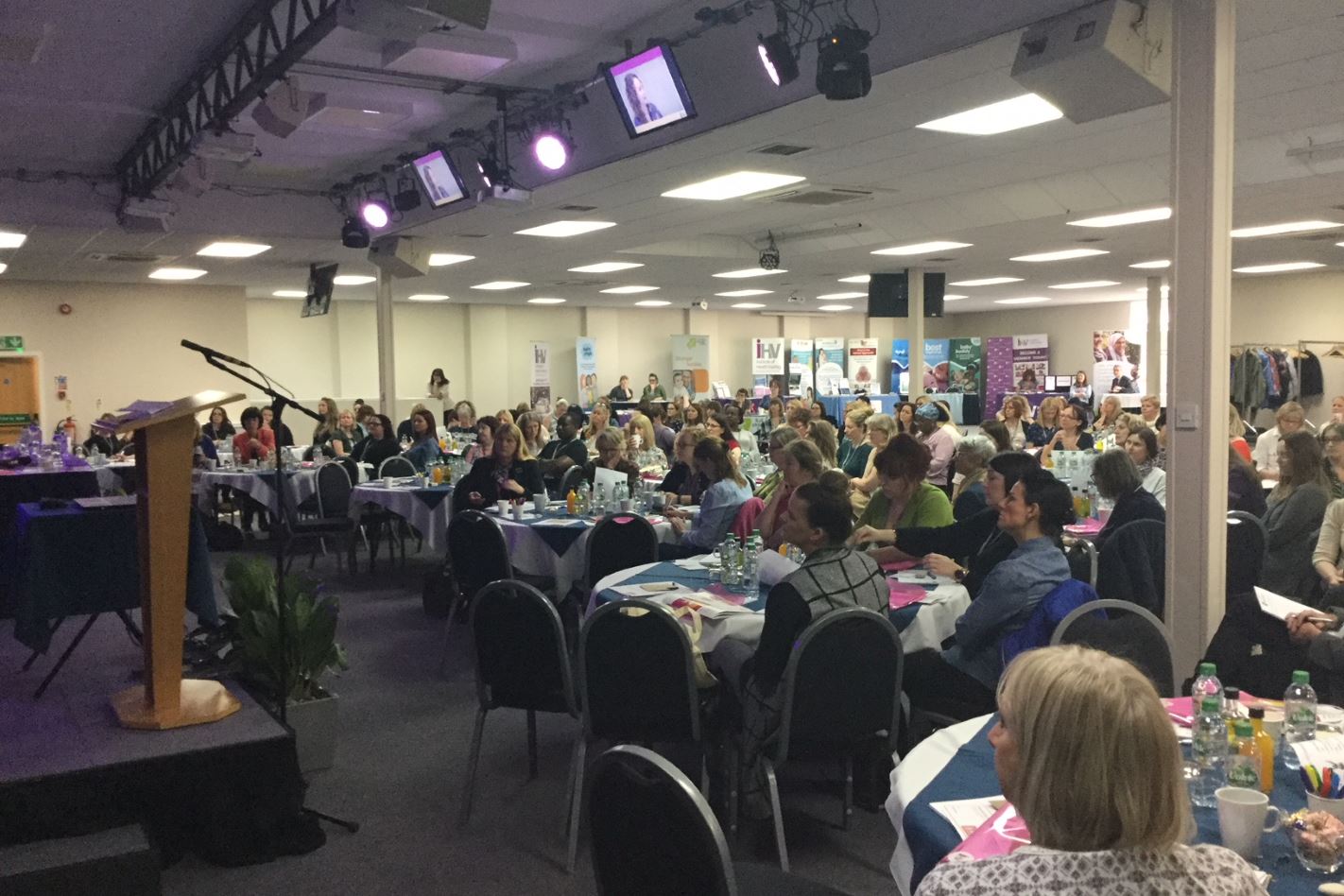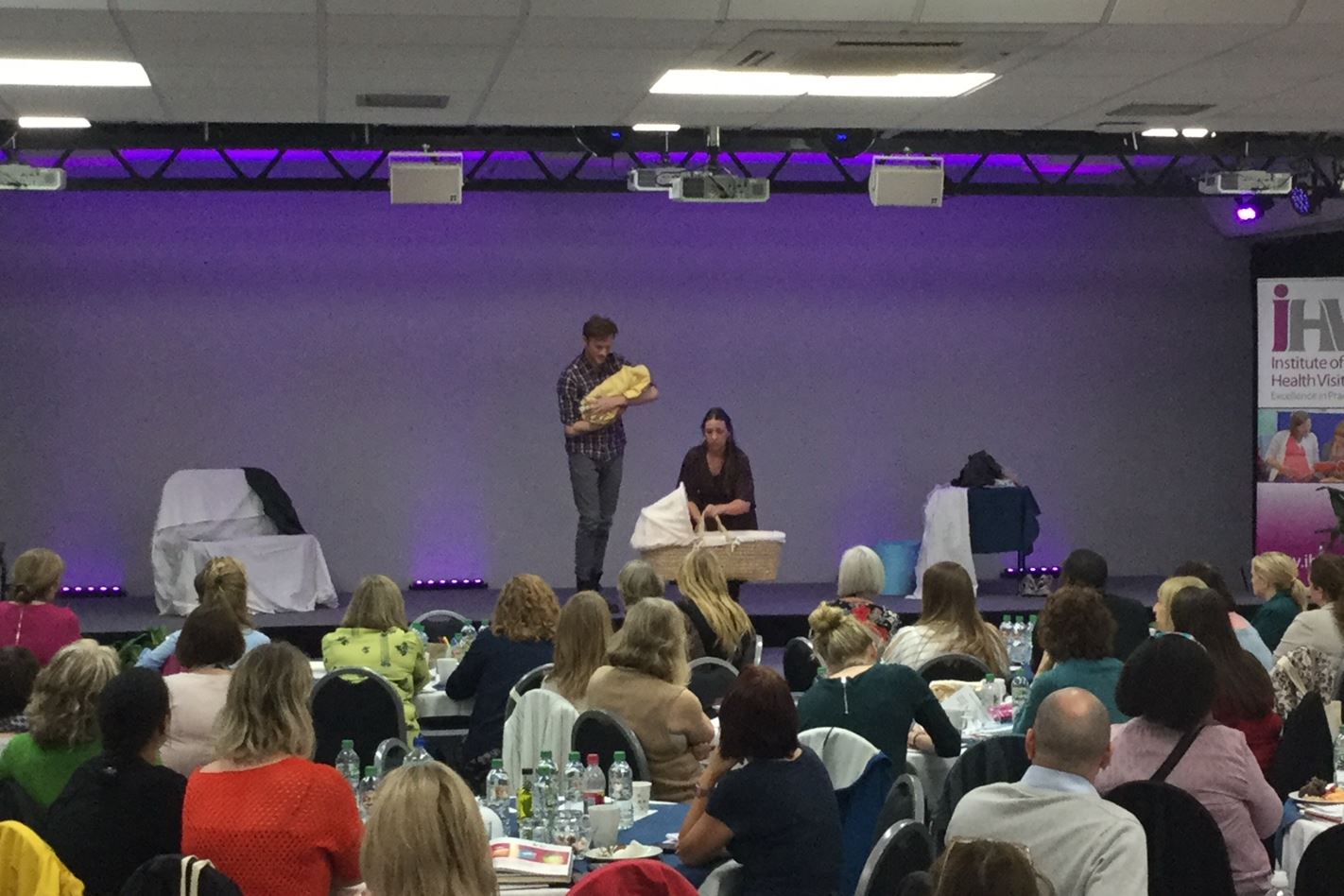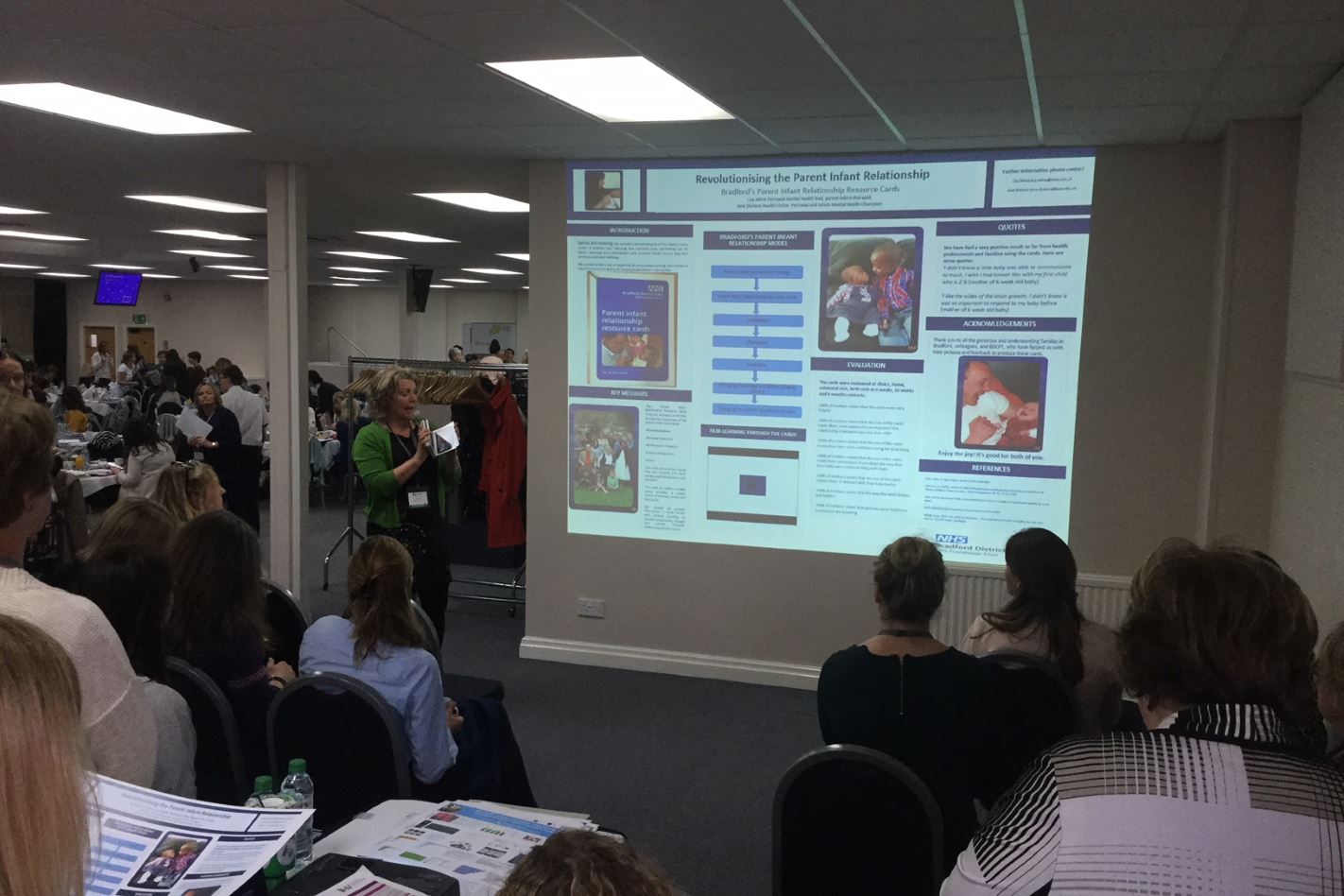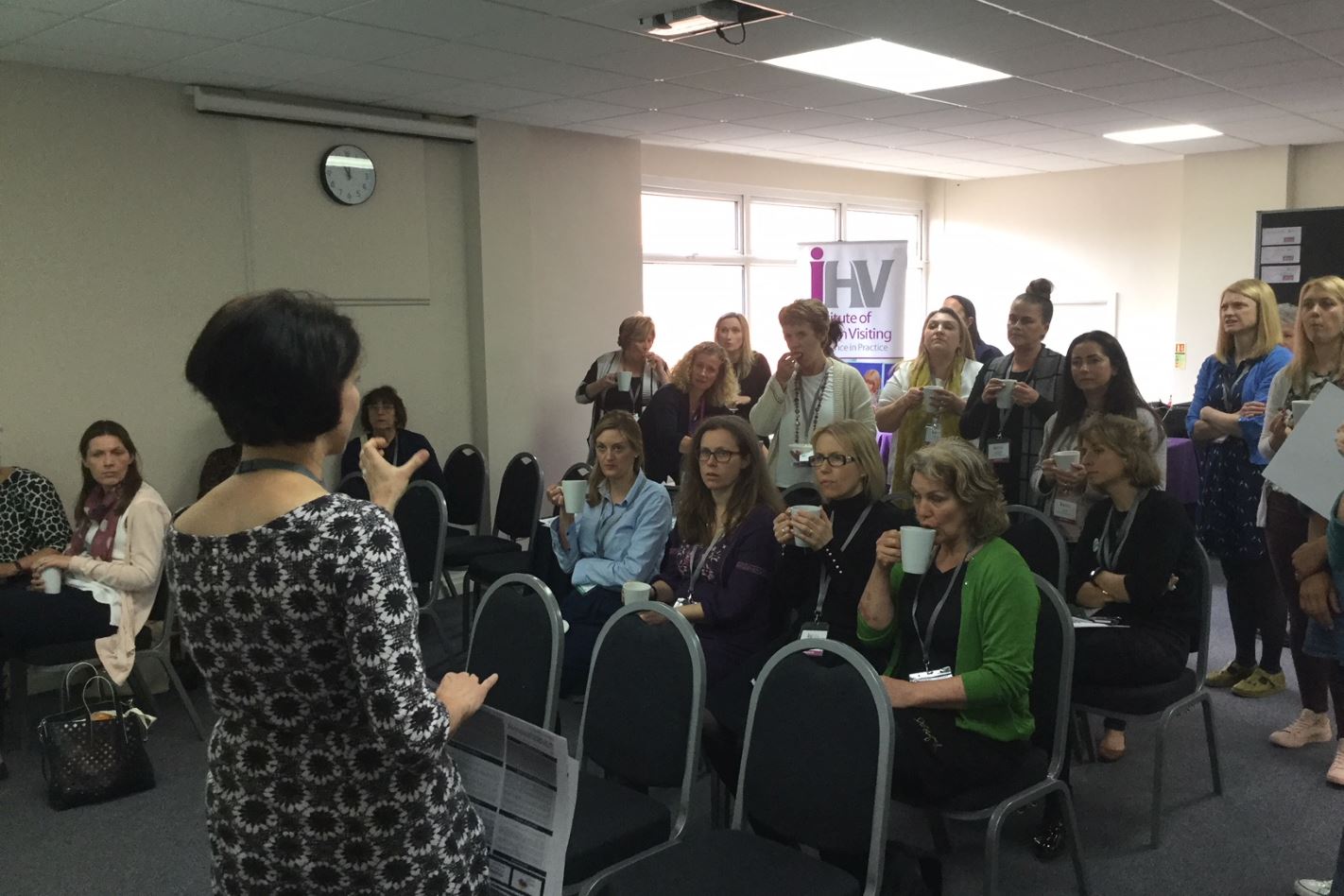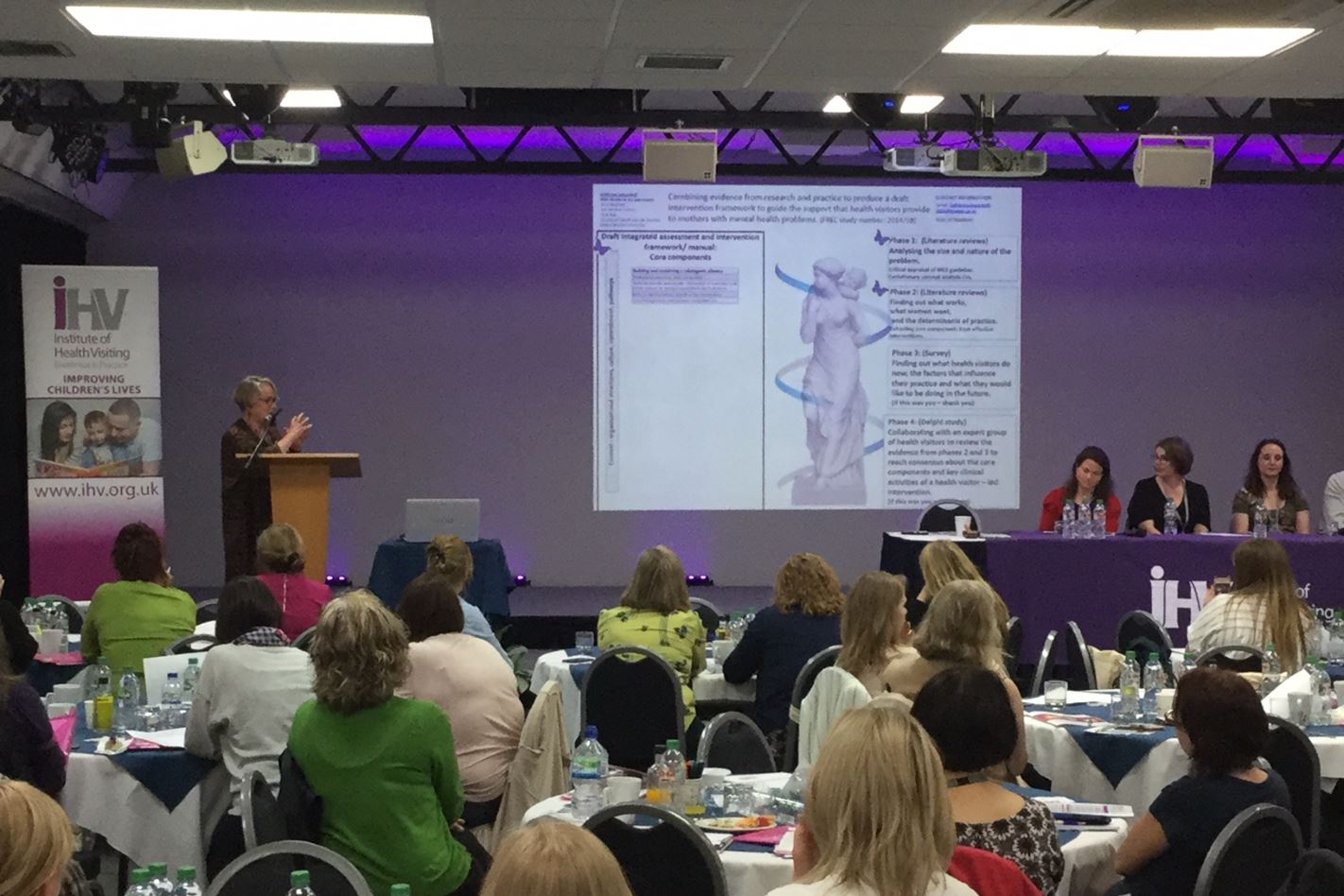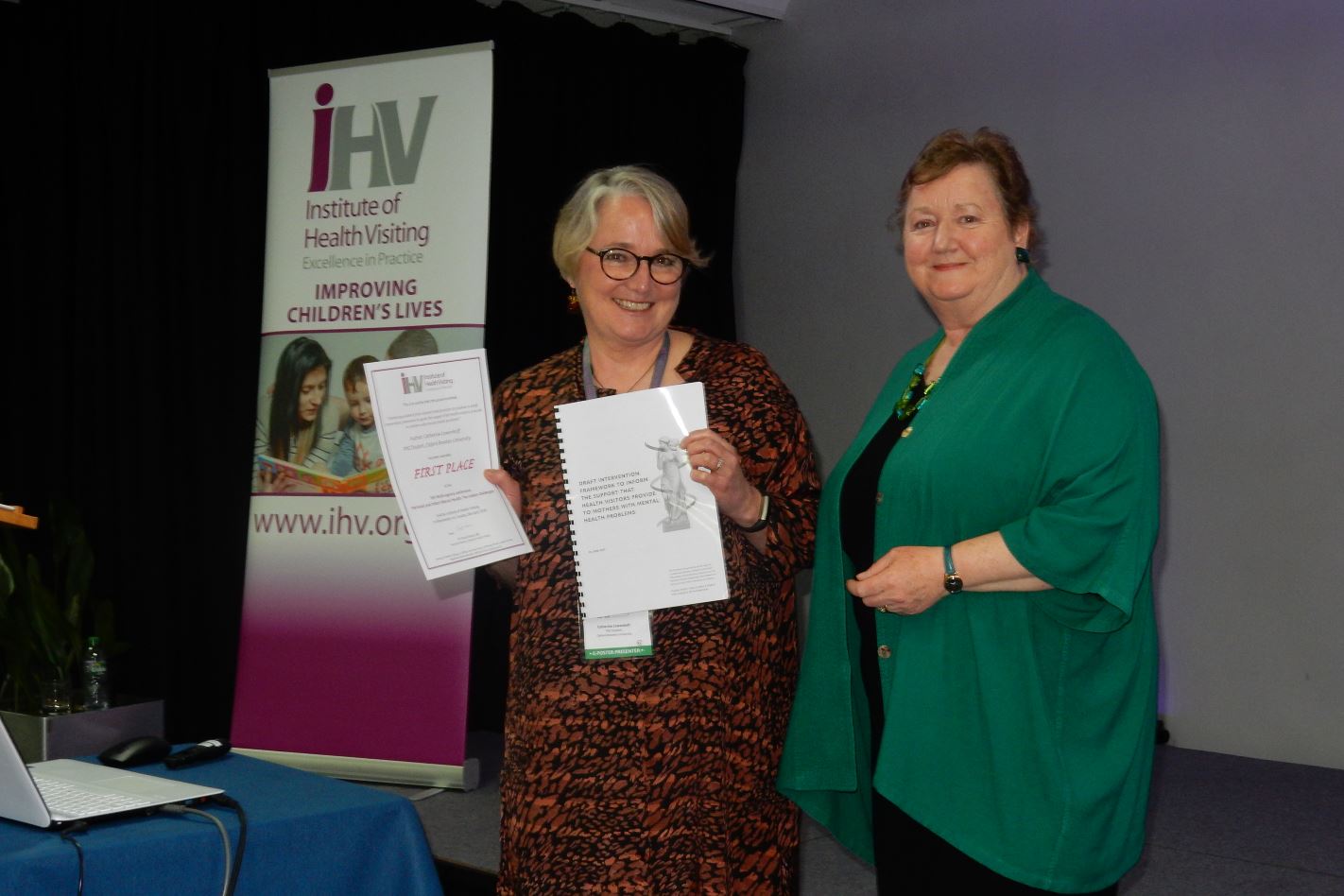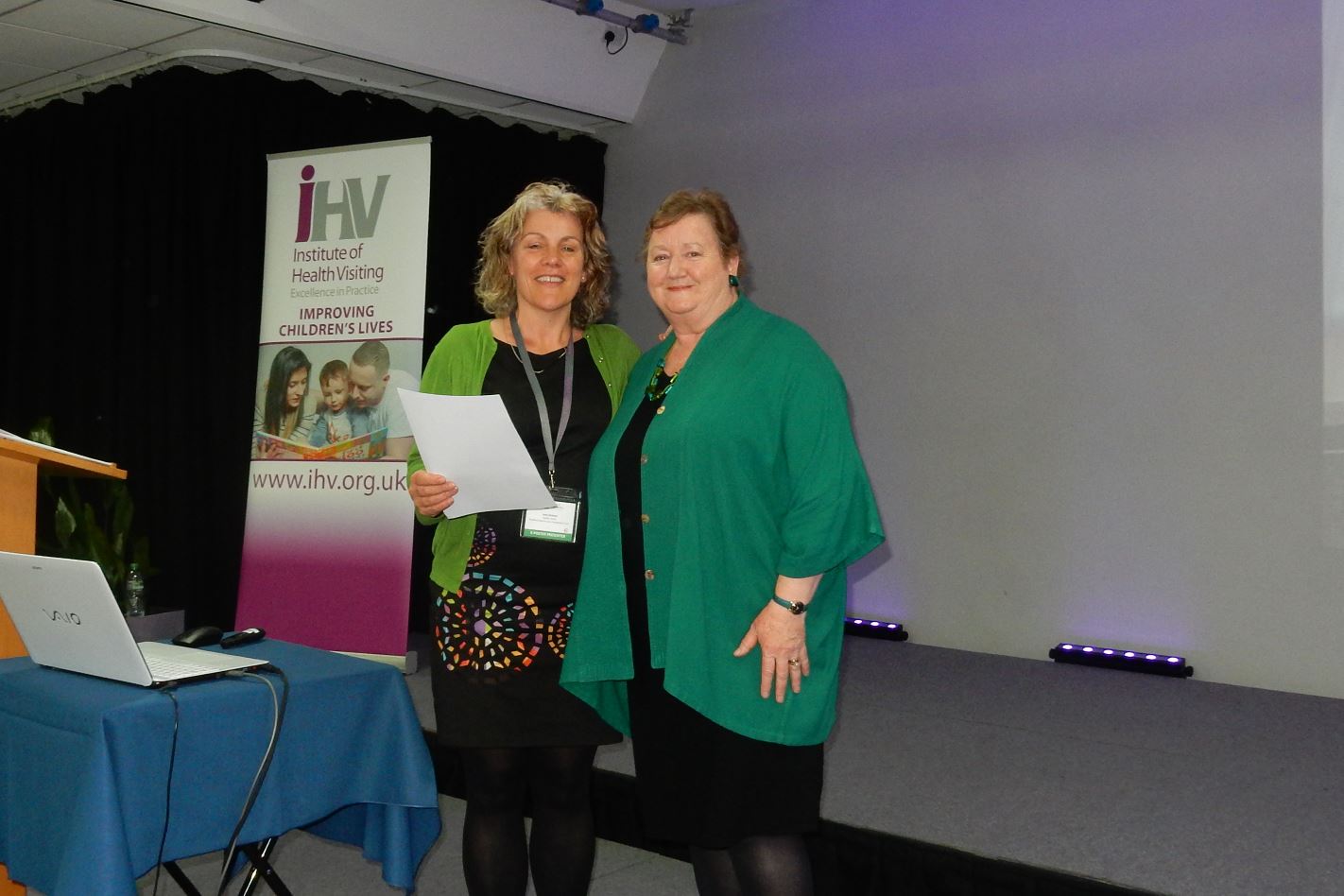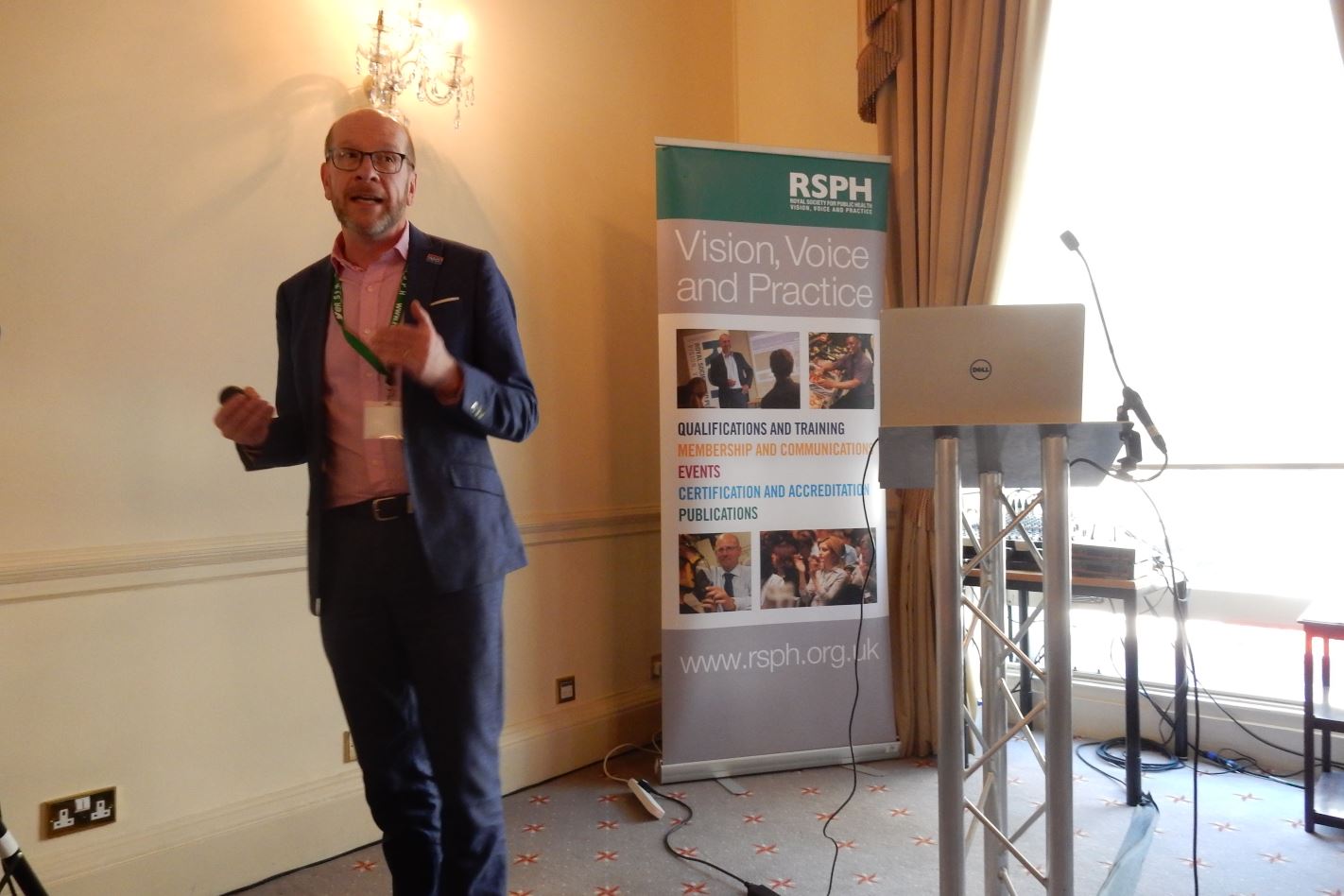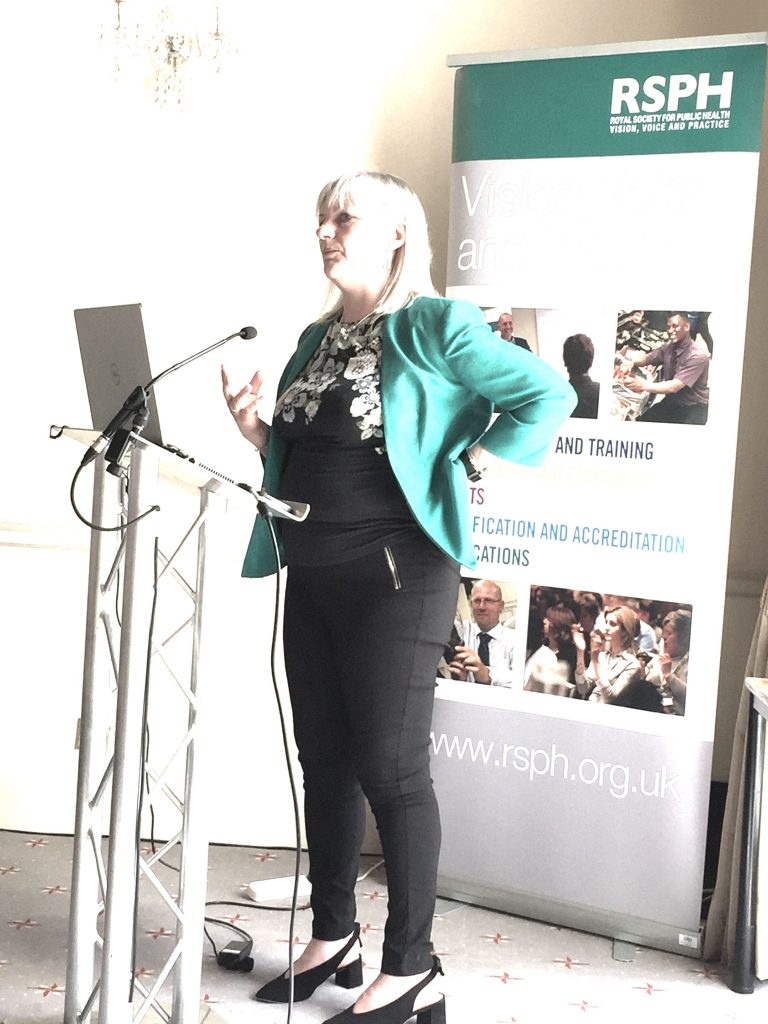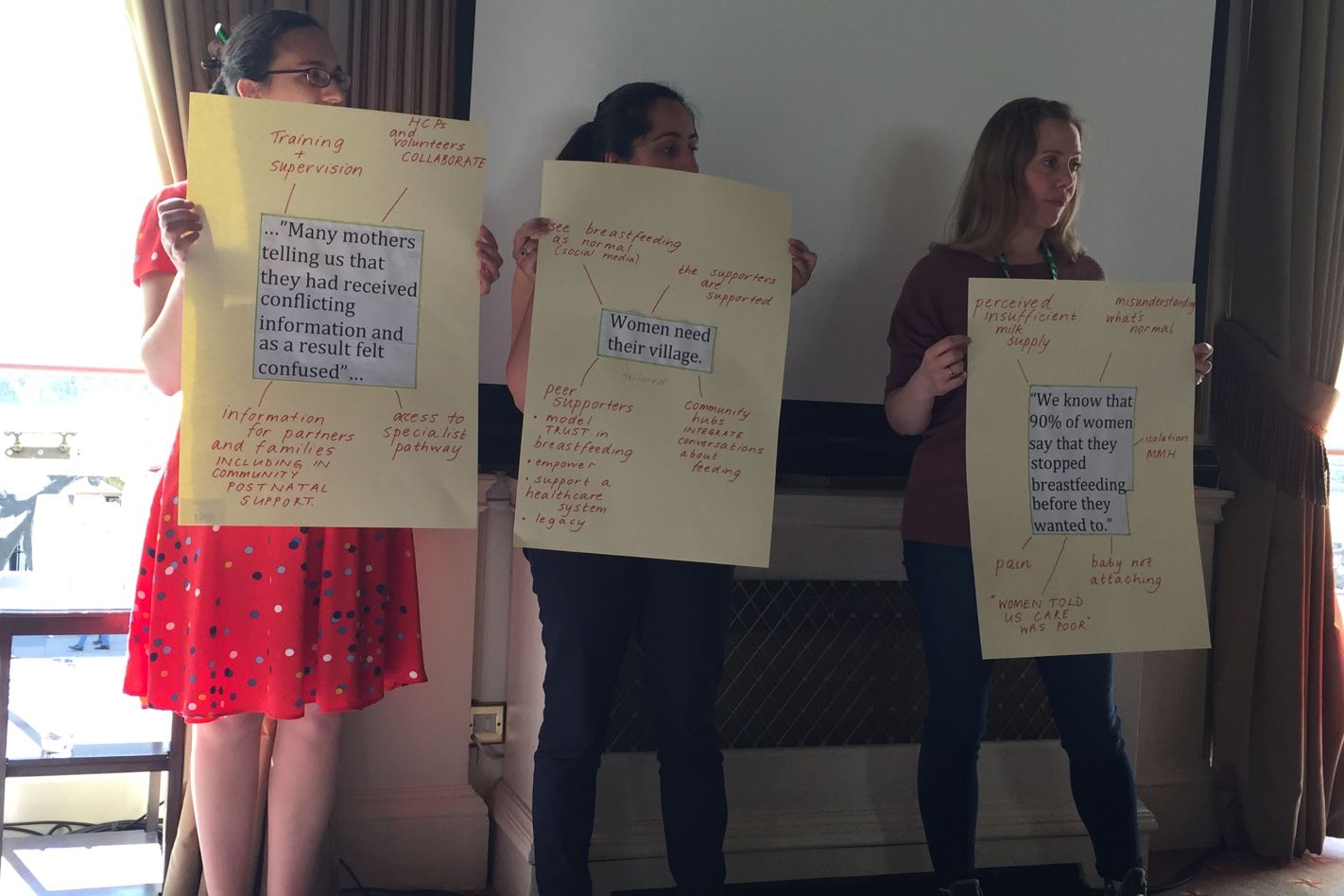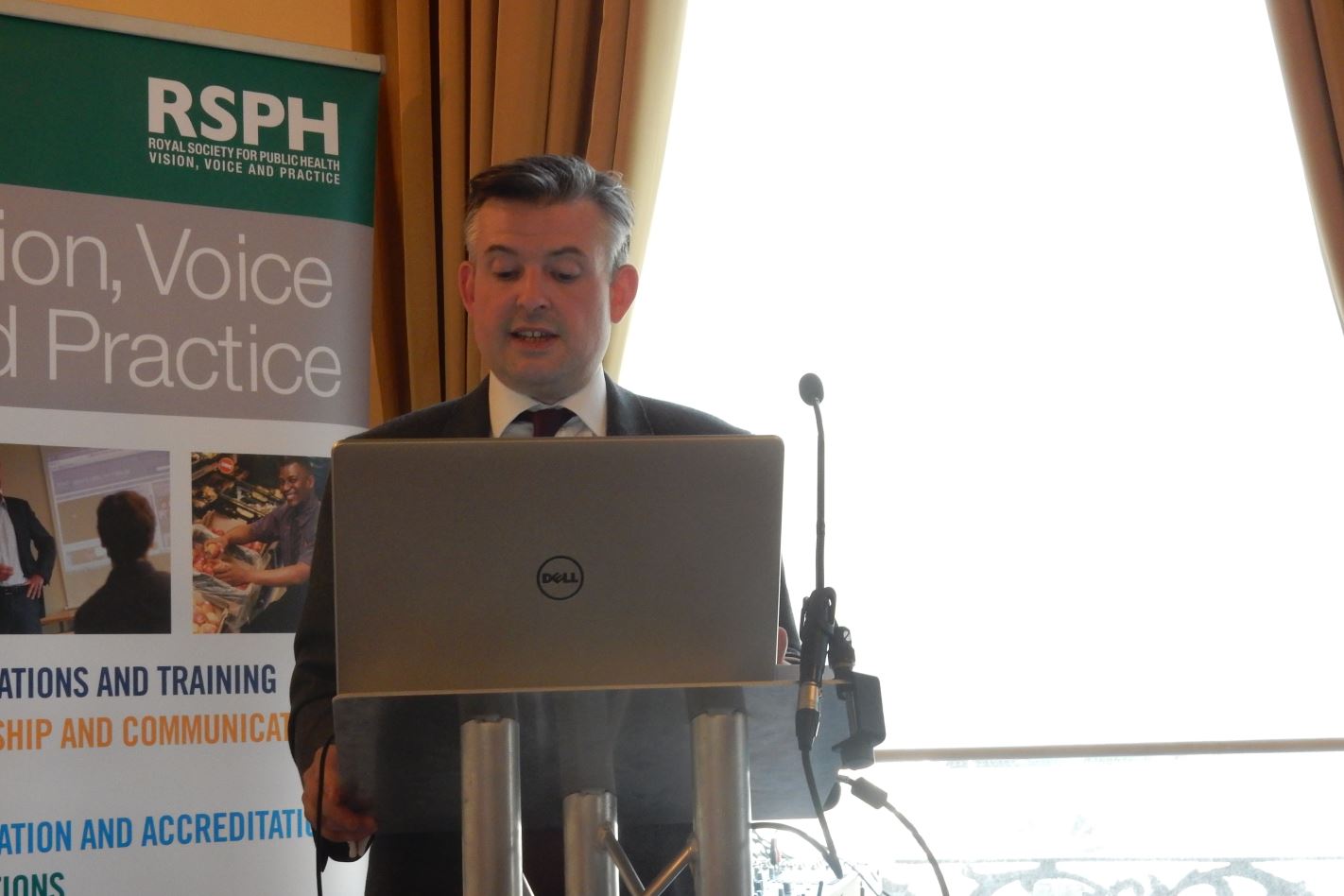PHE is running a telephone conference on reproductive health on Tuesday 26 June 2018, 10:00 – 10:45, and invites health professionals to join. Please join Professor Viv Bennett, Chief Nurse & Director for Maternity & Early Years, Public Health England, for the launch of this latest edition of Health Matters. She will be joined by Dr Sue Mann, Medical Expert and Public Health Consultant in Reproductive Health, PHE and Dr Catherine Swann, Deputy Director, Maternity and Community, PHE.
About the telephone conference
Ensuring that women and men achieve and maintain good health in their reproductive years is a public health challenge that impacts on future health for both themselves and their child.
A woman who is healthy at the time of conception is more likely to have a successful pregnancy and a healthy child. A planned pregnancy is likely to be a healthier one, as women tend not to be optimally prepared for pregnancy if it is unplanned.
The aim is for pregnancies to happen by choice, which means increasing the proportion of planned pregnancies for those who do want to conceive, and preventing pregnancies for those who do not. Currently, one third of births in England are unplanned or associated with feelings of ambivalence, which can have adverse impacts for the mother, baby and children later in life.
Teleconference: Tuesday 26 June 2018, 10.00am – 10.45am
Please join Professor Viv Bennett, Chief Nurse & Director for Maternity & Early Years, Public Health England, for the launch of this latest edition of Health Matters. She will be joined by Dr Sue Mann, Medical Expert and Public Health Consultant in Reproductive Health, PHE and Dr Catherine Swann, Deputy Director, Maternity and Community, PHE.
Why you should take part:
The preconception period (the years in which you can have a child) presents an opportunity for women and men to take steps to protect the health of a baby they might have sometime in the future, and stay healthy throughout life.
There are both universal and targeted opportunities to embed preconception care as part of day-to-day business and thereby improve outcomes, reduce inequalities and radically upgrade prevention.
Health professionals and commissioners need to work collaboratively to deliver the best outcomes. The session will be of particular value to local authorities, directors of public health, health and wellbeing boards, commissioners, CCGs and health professionals.



